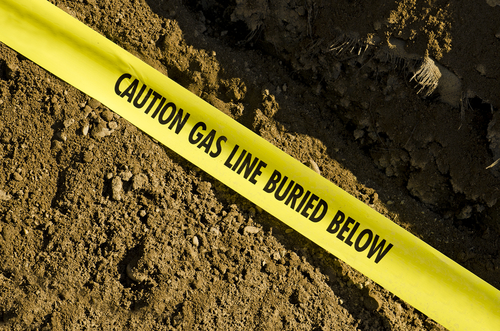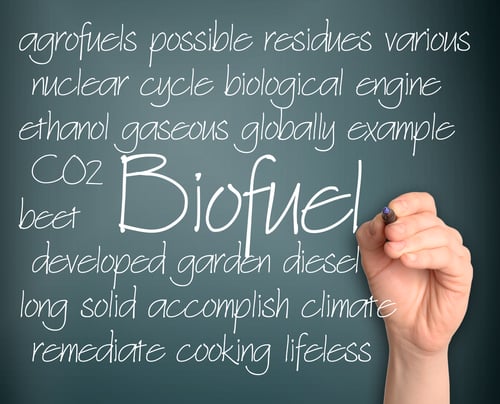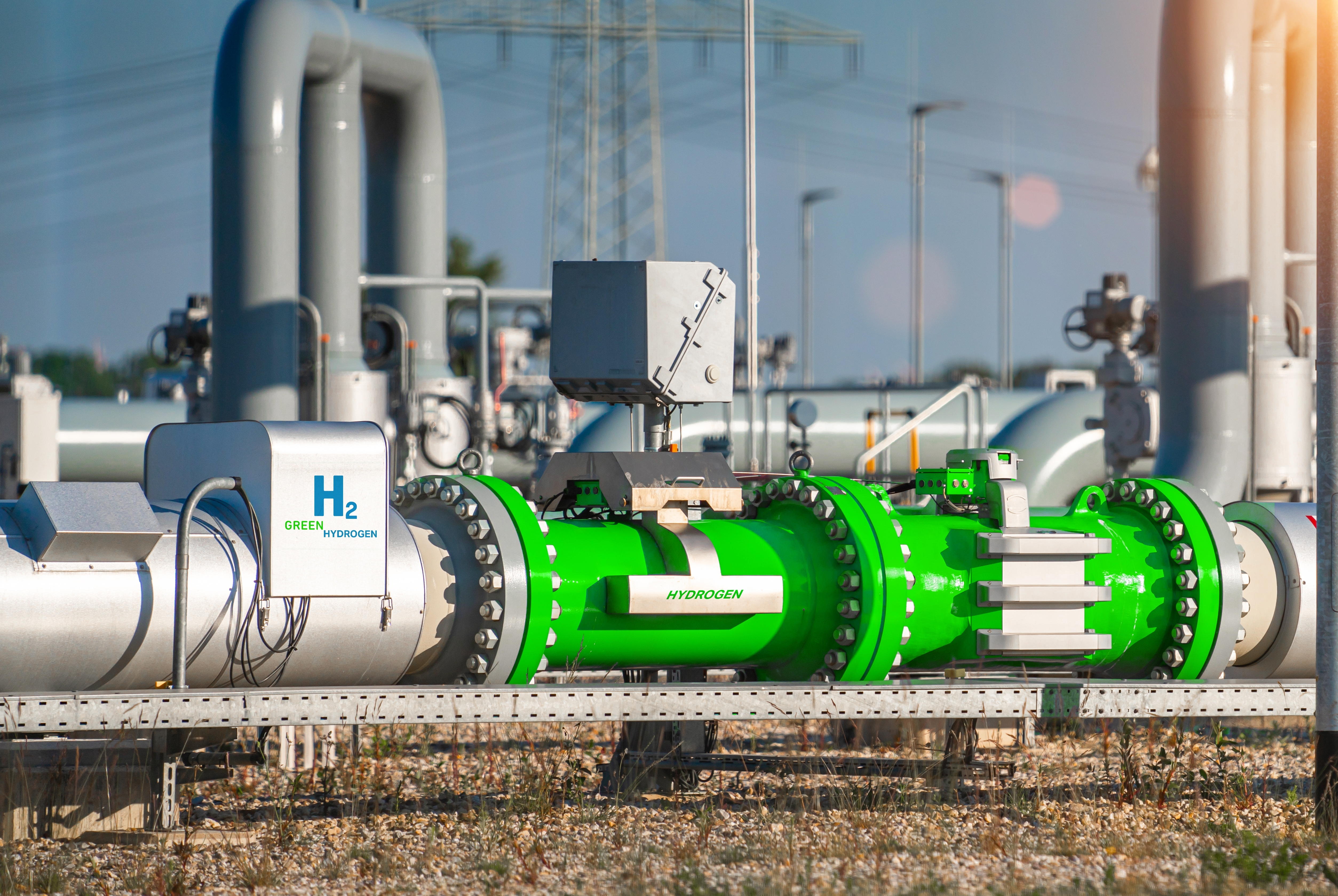Harvard finds Boston is Leaking $90 Million of Natural Gas Annually


A Harvard University study has concluded that 15 billion cubic feet of natural gas escapes the aging pipelines in Boston - an amount that means we're losing $90 MILLION dollars worth of natural gas through leakage annually.
The problem with leakage, outside of the obvious environmental and health concerns, as well as the fact that consumers bear the cost of the leakage, is that this leakage is responsible for almost all of the methane emissions given off by the city. As we've discussed previously, methane has a 25 times larger impact on the environment than carbon, and for that reason it's been the focus of new proposed regulations from the Administration and the EPA.
The suggested regulations however, are aimed at fracking companies, which over the past year have shown large declines in the amount of methane leaks, and leaks in general in four out of six of the major shale plays. The reason for that is at the production site, leakage costs the producer money in lost product.
The second sector that the regulations aim at (although they are "voluntary" in this case) is agriculture, which is responsible for the bulk of methane emissions.
When you break down the numbers however, most emissions come from so called "super users", namely power plants etc., versus fracking sites or even intense agricultural production sites. And as studies like this point out, there is a lot of environmental impact happening passively through leaking in outdated pipeline systems, like those in Boston.
What this study points out on leakage, is that there may be a more efficient way to curb urban emissions of gas, and therefore methane, than imposing sweeping regulations on fracking sites, who already are self-motivated by profit to control product loss. That motivation is less present in urban areas, because the cost of pipe replacement and remediation is high, and the work is complicated to perform without disruptions in densely populated areas. Additionally, remediation of leaks in urban pipelines is a direct cost to the utility as well as the consumer, versus the cost-savings measure it is for upstream producers.
To their credit, both Massachusetts and National Grid have already been working on an accelerated pipeline replacement project. This program categorizes how risky leaks are and addresses them in an urgent to non-urgent priority order. This allows them to address the most critical leaks first, and move forward on remediation without undue and immediate cost burdens on the utility or the consumer.
Essentially, studies like this point out there are emission control options downstream in addition to the ones happening upstream that can complete the picture and move the entire process forward in a more timely and efficient manner.
If you want to read a little more on the background of methane regulations proposed, or the prior study on leaks in Boston, you can do so here: "Methane and Consumers giving Nat Gas Headaches"
If you want more background on fracking and environmental impact, you can do so here: "US Carbon Emissions Still on the Decline - Guess Why?"


